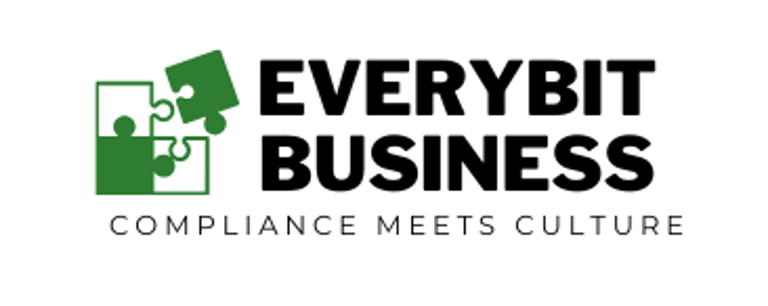5 Common HR Mistakes SMEs Make in Kenya — And How You Can Avoid Them
HR FOR START-UPS


When Njoroge started his small retail business in Nairobi, he was passionate and full of energy. But soon, he found himself overwhelmed—not by sales, but by HR headaches. Staff conflicts, misunderstandings of payroll deductions, and even a costly labor dispute with a former employee almost forced him to close shop.
Njoroge’s story is not unique. Many SMEs in Kenya face similar HR challenges that can quietly drain your time, money, and peace of mind.
At Everybit Business, we have seen firsthand how these common HR mistakes can trip up even the most well-meaning business owners. Here is what you need to know—and how to avoid the HR pitfalls that many start-ups are likely to face.
1. No Written Employment Contracts — The “Verbal” Engagements
Like Njoroge, many entrepreneurs trust verbal agreements with their staff. But when an employee leaves or disagreements arise, there is no paper trail to protect you.
The fix?
Written contracts are your shield. They clearly lay out roles, pay, working hours, notice periods and overall work expectations. Imagine how much smoother Njoroge’s exit process would have been if he had this simple document.
We help businesses create contracts that are clear, fair, and compliant with Kenyan labor law—so you don’t have to worry about “what was said or wasn’t said”
2. Skipping Disciplinary Procedures — When Warnings Go Unsaid
Maria owned several small retail agro-vets. When an employee repeatedly came to work late and sometimes missed work, she felt frustrated. She raised it with the employee verbally but was often caught up with the employees sob stories and often tall tales. Without formal warnings or documentation, Maria found herself unable to take effective action that corrected the employee’s bad behavior.
How to avoid Maria’s mistake:
Set up a clear disciplinary process. Think of it as a roadmap: verbal warnings first, then formal hearings then written warnings if needed. All documented for reference. This not only protects your business but helps your employees improve.
Njoroge and Maria both learned that having a process is kindness and protection rolled into one.
3. Misclassifying Employees — The Hidden Risk
In many SMEs, some workers are called “casuals” when they really behave like permanent employees—or vice versa. This mismatch can lead to employee claims and even tax issues.
Njoroge discovered this the hard way after a labour dispute arose. The solution? Understanding and applying correct classifications upfront—and keeping contracts aligned with reality and the labour laws.
We work with you to get this right from the start, so your business stays compliant, and your employees clear on their terms.
4. Neglecting Statutory Deductions — Don’t Let the Taxman Surprise You
One afternoon, Njoroge got a letter from KRA about unpaid PAYE taxes. He was shocked—he had no idea payroll deductions had to be submitted monthly.
If you are like Njoroge, you are not alone.
Our team sets up easy payroll systems that handle NSSF, SHIF, PAYE, and other statutory requirements automatically, so you never miss a deadline or payment.
5. No HR Policies or Employee Handbook — The Invisible/Common Sense Guide
Without clear policies, employees do not know what to expect. This can lead to confusion, conflict, and frustration.
Maria’s startup thrived once she introduced an employee handbook outlining everything from leave days to code of conduct.
We craft tailored policy manuals that fit your culture and keep your team aligned—making your workplace a fair and professional environment.
Your HR Story Doesn’t Have to Be a Struggle
Njoroge and Maria found peace of mind with expert HR support—and so can you.
Ready to stop the HR headaches?
Book a free consultation with Everybit Business and get a personalized HR health check for your business.
Let’s write your success story together.

